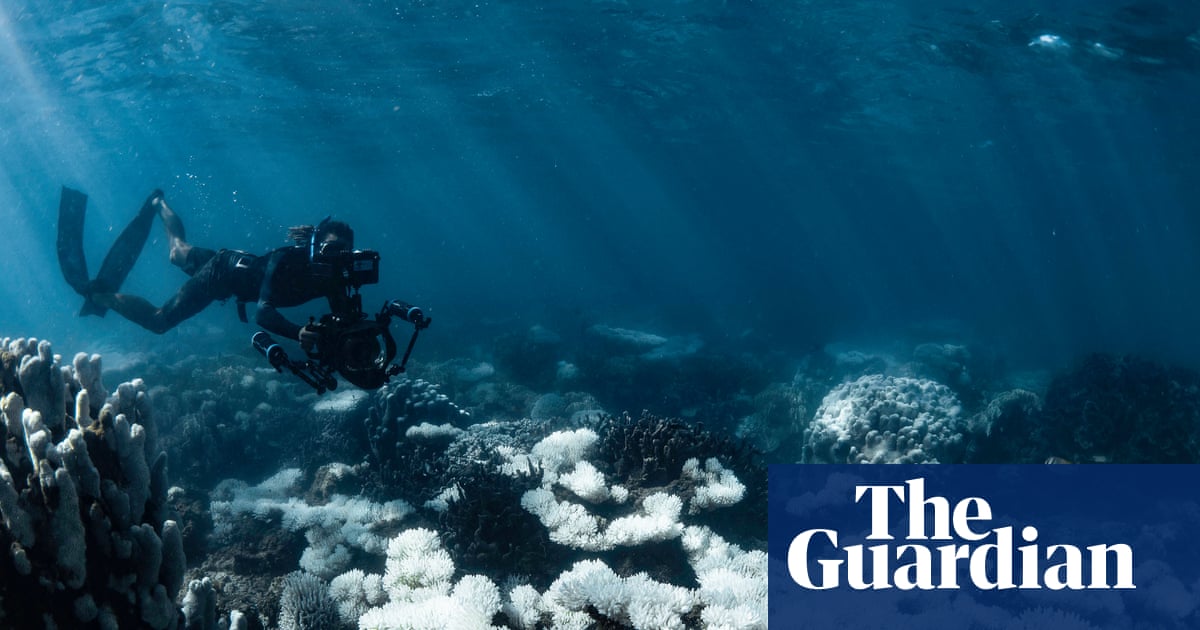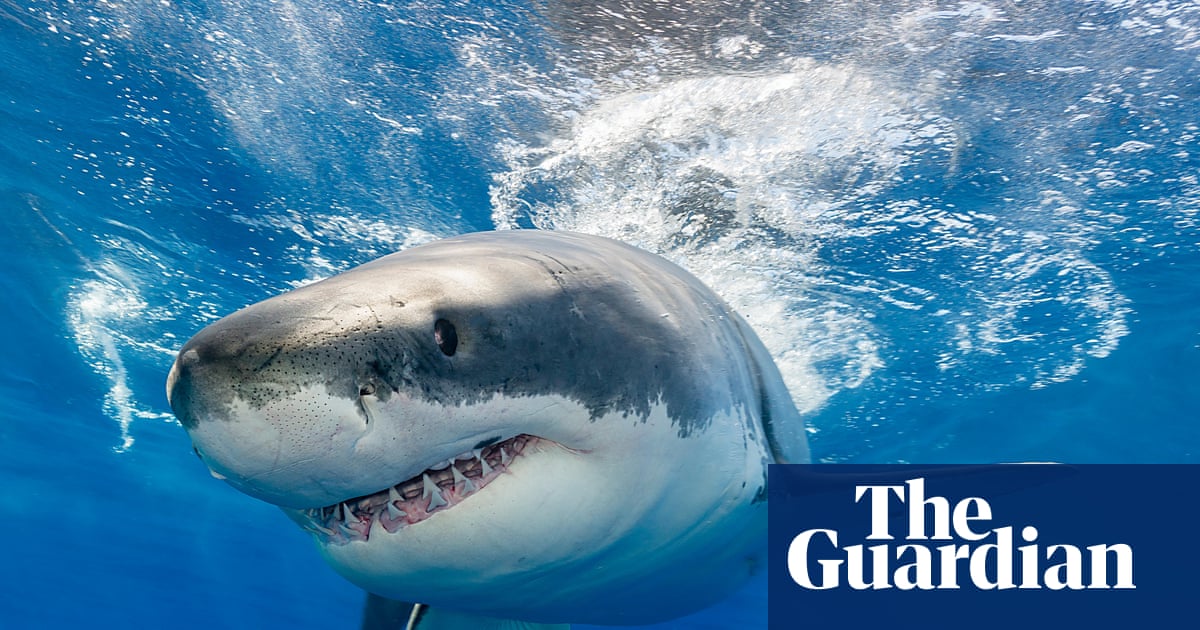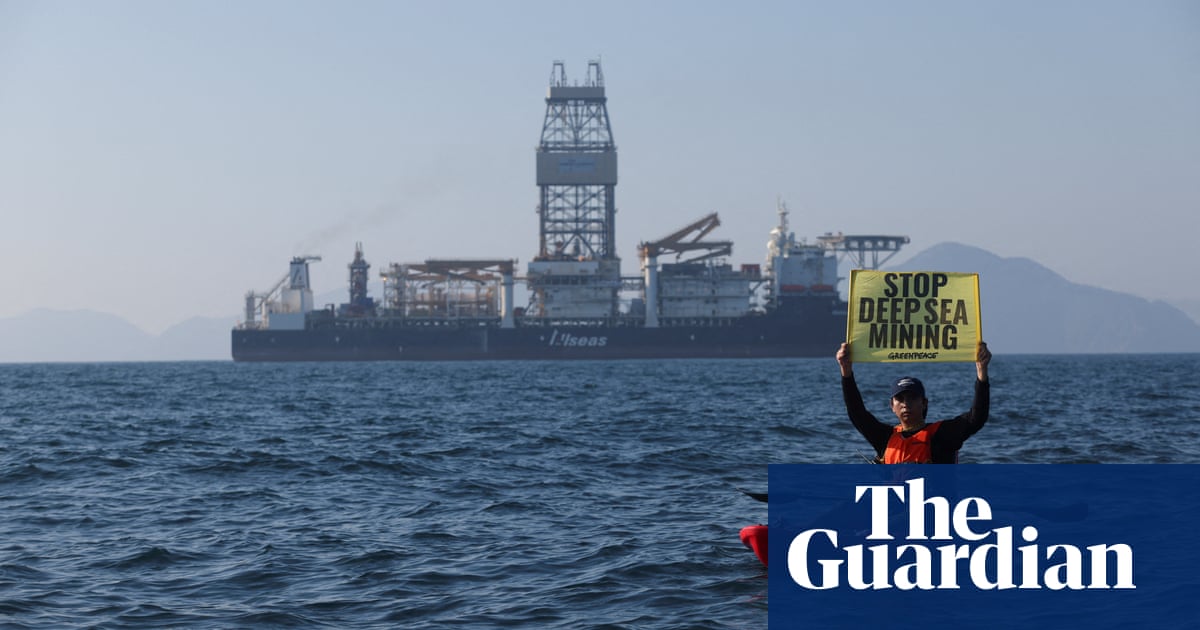Travel
fromTravel + Leisure
6 days agoOne of America's Most Pristine National Parks Is Only Accessible by Boat-and It's Called the 'Galapagos of North America'
Channel Islands National Park is a remote, biodiverse, largely undisturbed island park offering unique marine and terrestrial wildlife experiences but receives relatively few visitors.






